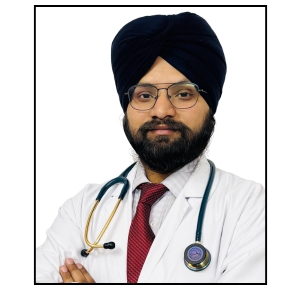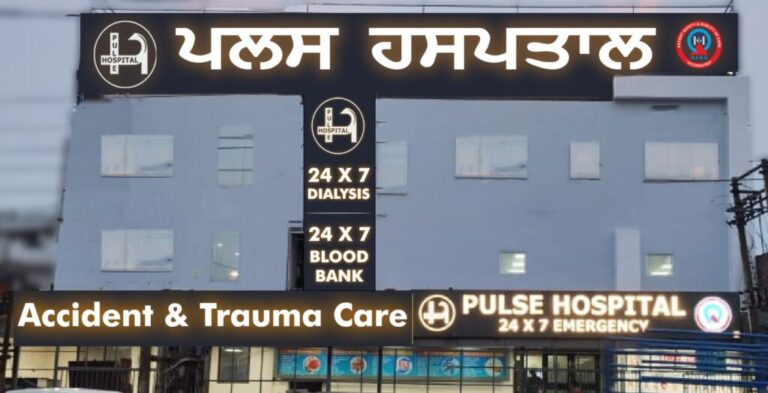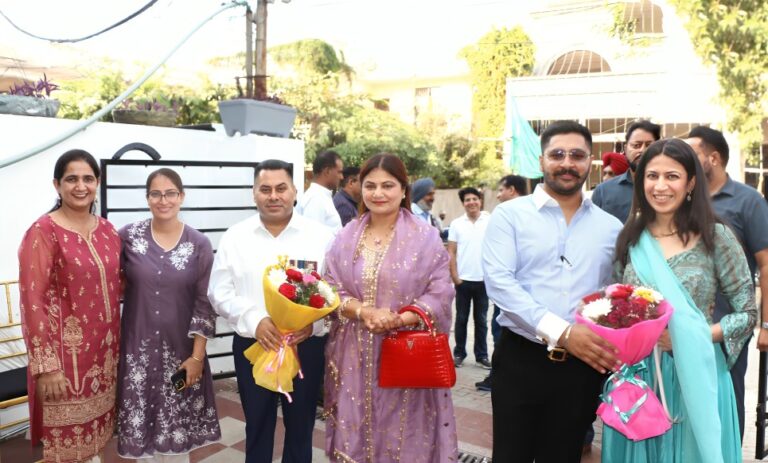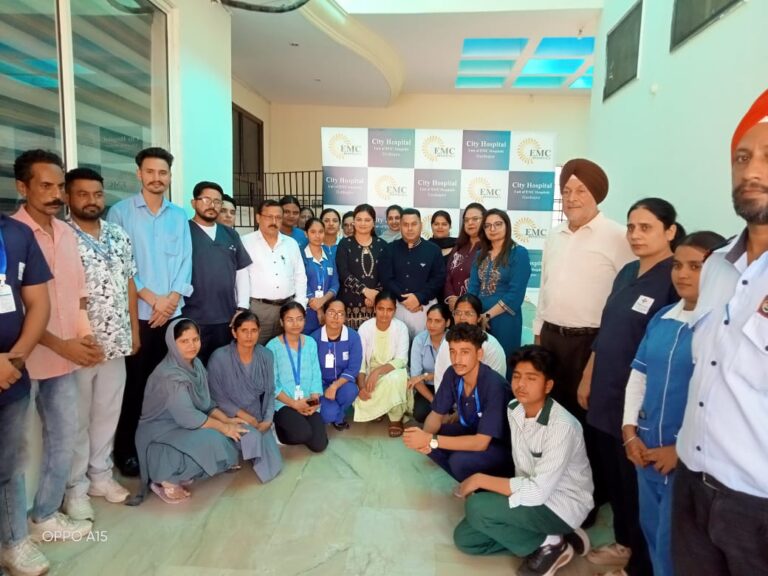Impact of Air Pollution on Human Health — Risks, Consequences, and Solutions- Abrol Hospital (A Unit of EMC Hospitals)
Amritsar, October 22, 2025 — Dr. Ajaypal Singh, Senior Physician at Abrol Hospital (A Unit of EMC Hospitals), Amritsar, has expressed deep concern over the rising levels of air pollution and its serious effects on human health. He stated that air pollution has become a silent health crisis, severely impacting not only our environment but also our physical and mental well-being.

According to Dr. Singh, harmful pollutants such as fine particulate matter (PM2.5 and PM10), carbon monoxide, sulfur dioxide, nitrogen dioxide, and ozone gradually enter the human body, damaging vital organs like the lungs, heart, and brain. These pollutants have led to a significant rise in respiratory problems, asthma, chronic bronchitis, cardiovascular diseases, cancer, and stroke cases across the country.
Dr. Singh further highlighted that, as per the World Health Organization (WHO), nearly 7 million people die each year worldwide due to diseases linked to air pollution, with India accounting for a large share of these deaths. In northern Indian cities such as Amritsar, Ludhiana, and Delhi, air quality levels are consistently breaching hazardous limits. Children, the elderly, and pregnant women are particularly vulnerable due to their weaker immunity. He explained that pollution hampers lung development in children, increases respiratory and cardiac diseases in the elderly, and adversely affects fetal development in pregnant women.
Dr. Singh also emphasized that air pollution impacts mental health as well. Prolonged exposure to polluted air can cause fatigue, depression, stress, irritability, and difficulty concentrating — problems affecting working professionals, students, and the elderly alike. He warned that if effective measures are not implemented promptly, air pollution could impose tremendous pressure on India’s healthcare system in the coming years.
As part of the solution, Dr. Singh called for collective social action. He urged citizens to reduce vehicle emissions by using public transport, bicycles, or walking instead of private vehicles. He stressed the importance of planting more trees, controlling industrial emissions, avoiding stubble and garbage burning, and keeping indoor air clean through air purifiers or natural plants. “Clean air is not a luxury but a fundamental right of every citizen. Just as we demand clean water, we must also demand clean air,” he remarked.
To promote public awareness, Abrol Hospital (A Unit of EMC Hospitals) has launched a community health campaign focusing on air pollution prevention, environmental protection, and healthy living practices. In the coming months, the hospital plans to organize free health check-up camps and ‘Clean Air Awareness’ programs in collaboration with local schools, colleges, and social organizations.
In conclusion, Dr. Ajaypal Singh said, “If we all take small, consistent steps, we can overcome this major challenge. It is our duty to ensure clean air for our city, our children, and our future.”






